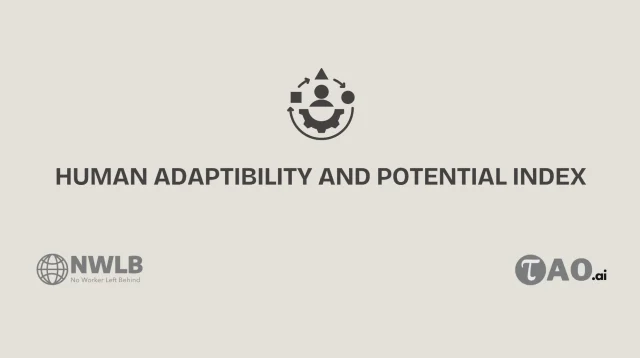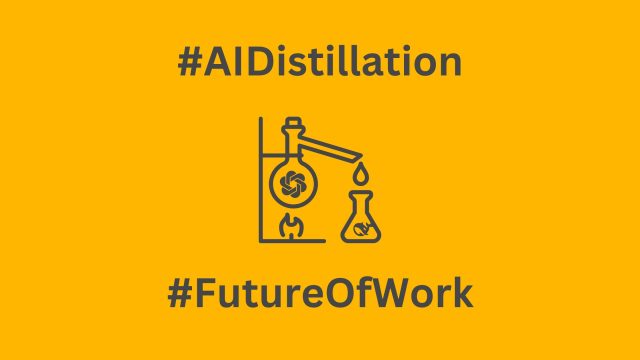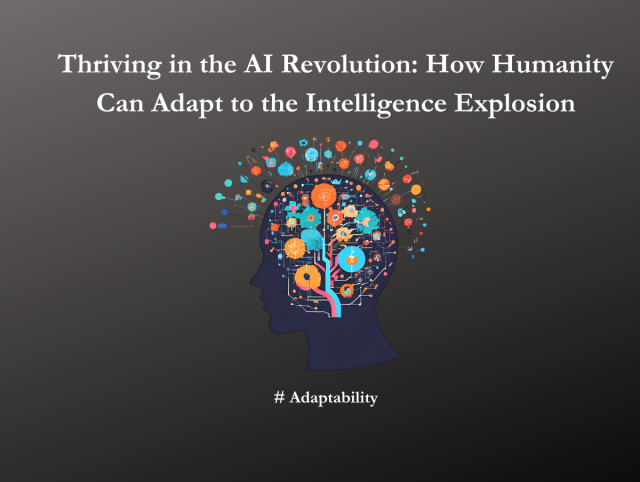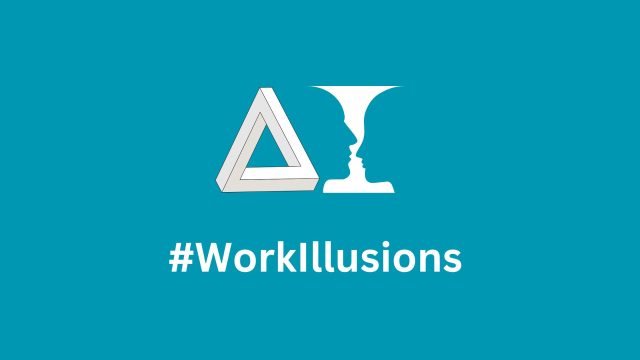AI in the Spotlight: Revolutionizing Federal Employment via Musk's Email Prompt
AI in the Spotlight: Revolutionizing Federal Employment via Musk’s Email Prompt
The digital ink had hardly dried on Elon Musks audacious email to federal workers when the conversation about its ramifications took an unexpected turn. Musk, no stranger to bold pronouncements, suggested that many federal employment roles could be redundant. But what if his bold claim was the catalyst for a new era of employment evaluationone driven by artificial intelligence?
In an era where technology constantly redefines the boundaries of possibility, AI has emerged as a pivotal player in reshaping how industries operate. And now, it seems, the federal workforce stands at the precipice of this digital revolution. As AI technology prepares to scrutinize the legitimacy of federal job roles, we are offered a unique glimpse into the future of employment assessments, highlighting the growing role of AI in fields traditionally reliant on human oversight.
Picture this: a digital assessor equipped with an insatiable appetite for data, sifting through job descriptions, performance metrics, and sector-specific requirements with an efficiency unmatched by its human counterparts. This AI-driven system seeks to separate necessity from redundancy, focusing on optimizing productivity and improving public sector service delivery. But how does this work, and what does it mean for federal workers?
First, lets consider what makes AI suitable for such a transformative role. The sheer processing power and speed with which AI can analyze vast datasets is unmatched in human scale. It can quickly identify patterns and inconsistencies that might elude human evaluators bogged down by bias or fatigue. This makes AI an invaluable tool for assessing federal job roles, ensuring that taxpayer dollars are utilized efficiently.
Furthermore, AIs ability to learn and adapt means that it can continually refine its evaluation criteria. As public sector roles evolve, so too can the AIs understanding of what makes a position essential. This dynamic capacity for growth and adaptation ensures that evaluations remain relevant and effective, even as the landscape of public service shifts.
The introduction of AI into the evaluation process also ignites a wider conversation about accountability and transparency in hiring practices. By employing a digital arbiter, federal agencies are held to a higher standard of justification, where positions must stand up to stringent AI analysis. Such scrutiny can shine a light on inefficiencies and help usher in a new era of public sector accountability.
However, with this technological advance comes the inevitable challenge of public perception. The idea of an AI assessing jobs might conjure visions of dystopian futures, yet history has shown that resistance to technological change often gives way to acceptance and, eventually, celebration of the benefits such advances bring.
In this context, AI is not the villain but a catalyst for improvement and efficiency. It’s an opportunity to construct a workforce that’s lean, efficient, and above all, effective. For federal employees, it’s an invitation to demonstrate their value and align themselves with the broader mission of public service.
Ultimately, the notion of AI evaluating federal job justifications provides a future insight into a workforce optimized by technology rather than hindered by it. As we stand on the cusp of this transformation, the possibilities for more efficient governance and enhanced public services are immense. All brought into the spotlight by one controversial email and a technology ready to redefine the employment landscape.































